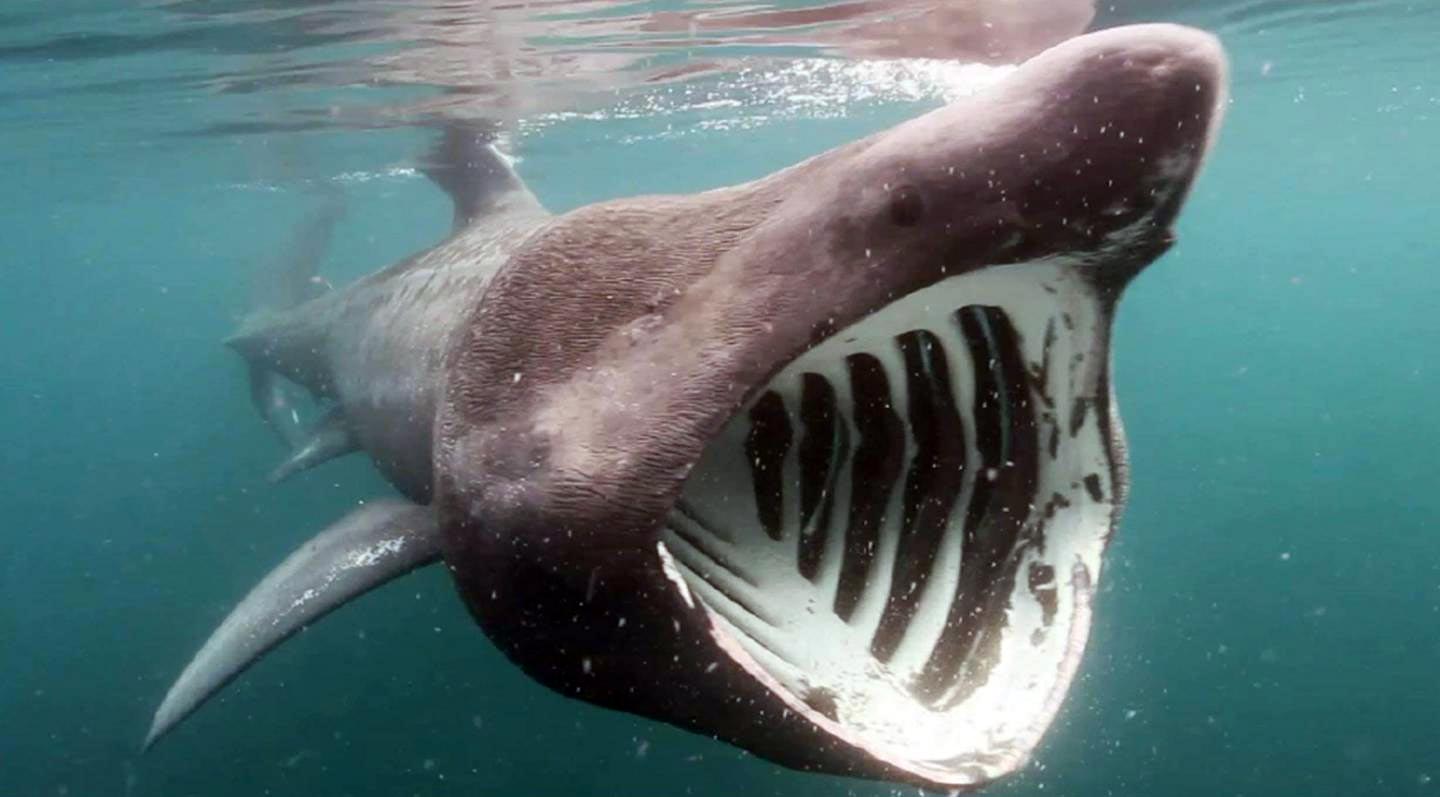Table of Contents
ToggleBy [Your Name]
Date: August 5, 2024
Introduction
In recent years, basking sharks have captivated marine biologists and ocean enthusiasts alike with their sheer size and gentle nature. As the second-largest fish in the ocean, these massive creatures can grow up to 30 feet long, but their elusive behavior has long puzzled scientists. However, new research has recently unveiled significant insights into the lives of basking sharks, offering hope for their conservation and a deeper understanding of their role in marine ecosystems.
New Discoveries
Recent advancements in tracking technology have provided unprecedented views into the lives of basking sharks. Satellite tags and underwater sensors have allowed researchers to monitor these elusive giants more closely than ever before. One of the most striking discoveries is the extent of their migrations. Basking sharks have been tracked traversing vast oceanic distances, from the chilly waters of the North Atlantic to the warmer seas of the Mediterranean. These long-distance journeys are thought to be linked to their feeding habits and breeding behaviors.
A groundbreaking study conducted by marine biologists from the University of Exeter has revealed that basking sharks exhibit seasonal migrations that align with changes in plankton availability, their primary food source. This information is critical for understanding how environmental changes, such as rising sea temperatures and shifting plankton populations, might impact these gentle giants.
Conservation Challenges
Despite these exciting discoveries, basking sharks face several pressing threats. Bycatch in commercial fishing gear remains a significant issue. Basking sharks are often accidentally caught in nets and longlines intended for other species, leading to injury or death. While some progress has been made in developing shark-friendly fishing gear, the problem persists, underscoring the need for continued innovation and enforcement of sustainable fishing practices.
Habitat degradation also poses a serious threat. Coastal development, pollution, and climate change are all contributing to the deterioration of critical basking shark habitats. Rising sea temperatures and ocean acidification may alter the distribution of plankton, potentially affecting the availability of food for these sharks and disrupting their migratory patterns.
Conservation Efforts
In response to these challenges, a range of conservation efforts is underway. The UK’s Marine Conservation Society has been actively involved in advocating for stronger protections for basking sharks. Their efforts include pushing for the establishment of more marine protected areas (MPAs) and stricter regulations to minimize bycatch.
International cooperation is also vital. The Convention on Migratory Species (CMS) has recognized basking sharks as a species of concern, prompting collaborative efforts across borders to protect their migratory routes and habitats. Recent agreements aim to enhance monitoring and enforcement measures, ensuring that basking sharks are safeguarded throughout their extensive journeys.
Public Awareness
Public awareness plays a crucial role in the conservation of basking sharks. Educational campaigns and community engagement initiatives are helping to increase understanding of these magnificent creatures and the threats they face. By fostering a greater appreciation for basking sharks and their importance in marine ecosystems, these efforts encourage responsible behavior and support for conservation measures.
Conclusion
As new research sheds light on the mysterious lives of basking sharks, the need for continued conservation efforts becomes ever more apparent. By addressing the challenges these gentle giants face and working collaboratively to protect their habitats, we can ensure that future generations will have the opportunity to witness the grandeur of basking sharks gliding through our oceans. The combination of scientific discovery and public advocacy offers hope for the continued survival of these remarkable creatures and the health of our marine environments.




